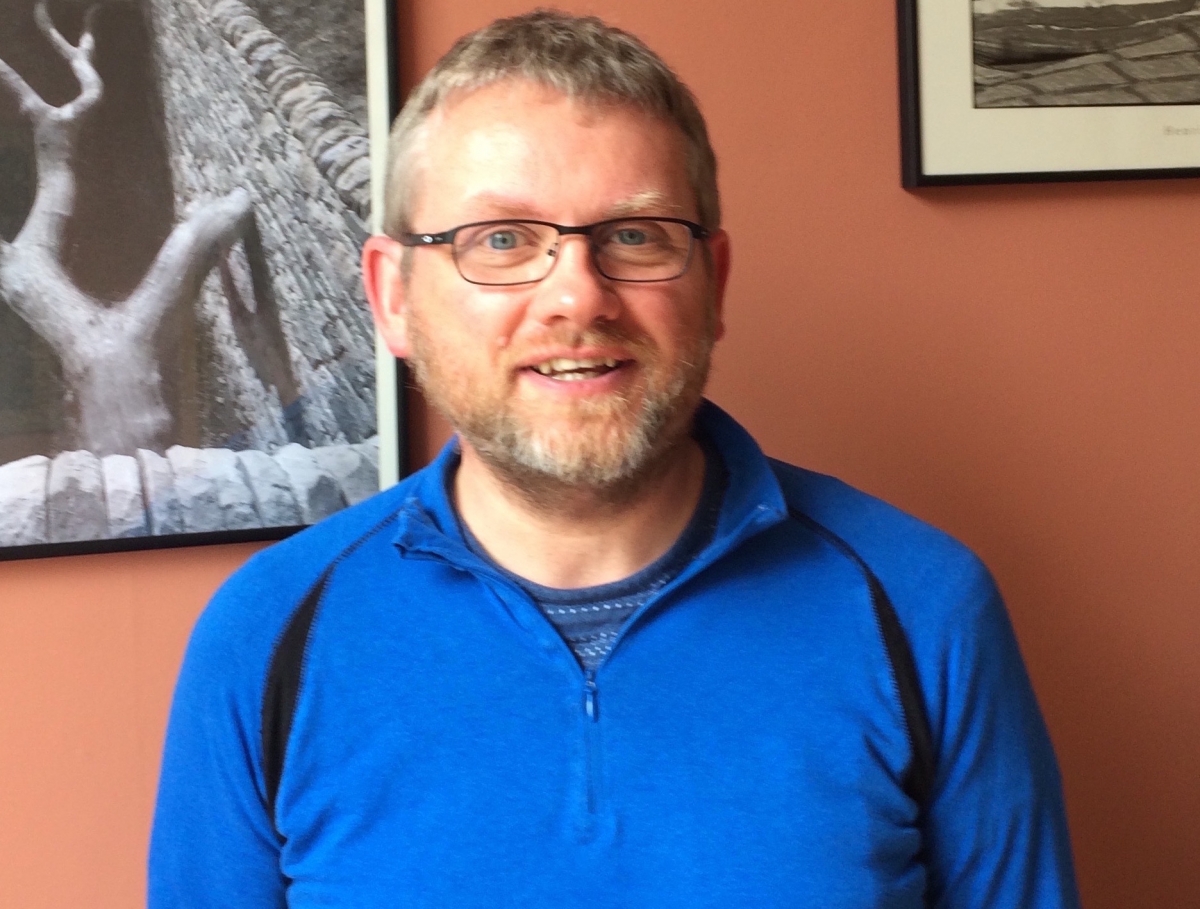
What sparked your interest in speech and language processing?
I was originally an undergraduate chemist, but I decided to try a masters in AI - so I moved to Edinburgh in the mid-1980s. At that time AI in Edinburgh was very logic-oriented, but I got involved in a weekly meeting called the 'Connectionist Workshop' which had a very interesting and broad set of people involved. My MSc dissertation project was about neural networks and auditory modelling, and I was wondering whether it might be possible to learn the entire "speech chain".... Something that still motivates me!
How do you think speech and language processing is changing the society for the new generation?
Well, one big change in just the past few years is that society's perception of speech recognition changing from a technology which is largely most useful for comedy to a technology one should expect to work... I think that this acceptance and positivity to speech and language based interaction opens up huge opportunities - and also major challenges, since it is raising expectations which will be difficult to meet. I think speech and language processing is going to have a significant impact on our lives and on society - and I think that 5-10 years down the line the impact of these technologies might be quite unexpected as creative designers use these technologies in new ways.
What is your holy grail in speech and language processing? When will we achieve it?
I'm an engineer so I'm primarily interested in creating systems that can understand and generate speech and language in a natural way. And related to this, developing engineering solutions to language understanding, which can also give some scientific insight on the problem.
Do you have any specific advice for students, junior faculty or others early in their careers?
Always build the strongest baseline system that you can!
What development in the field has most surprised you? Was there a hard problem that turned out to be easy? An easy problem that proved surprisingly difficult?
The fact we still spend so much time on speech activity detection and segmentation - it's a surprisingly hard problem. (Maybe if I really understood about speech processing, I wouldn't be surprised that it is a hard problem....) Another thing is just how long n-gram language modelling stayed as the state-of-the-art - I can clearly remember Fred Jelinek's keynote at Interspeech-1991 ("Up from trigrams! The struggle for improved language models") - language modelling truly was (and is) a struggle.
Which of your publications is your favorite? Why?
I love them all equally :) From my very early days, I like very much a paper on radial basis functions that I did with my PhD supervisor Richard Rohwer in 1989. The papers on hybrid NN/HMM speech recognition based on my time at ICSI with Morgan were worthwhile, and I liked a paper I did with Mike Hochberg on stack decoding. More recently, it has been an honour to co-author so many great papers with my wonderfully smart PhD students.
